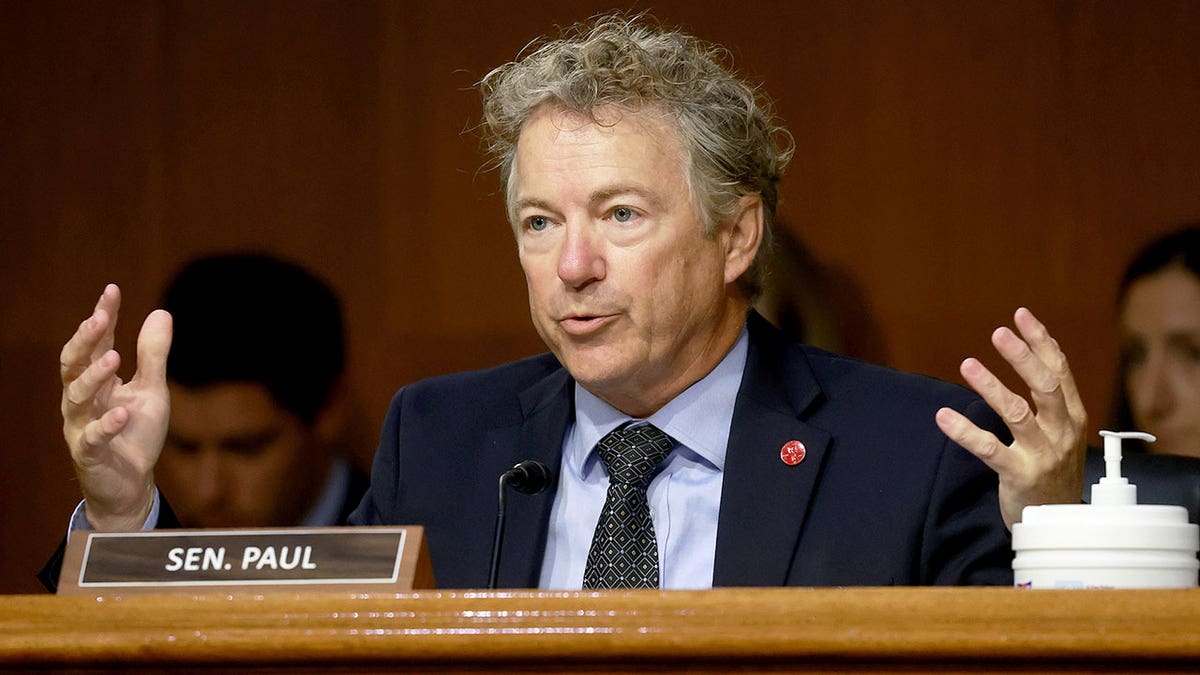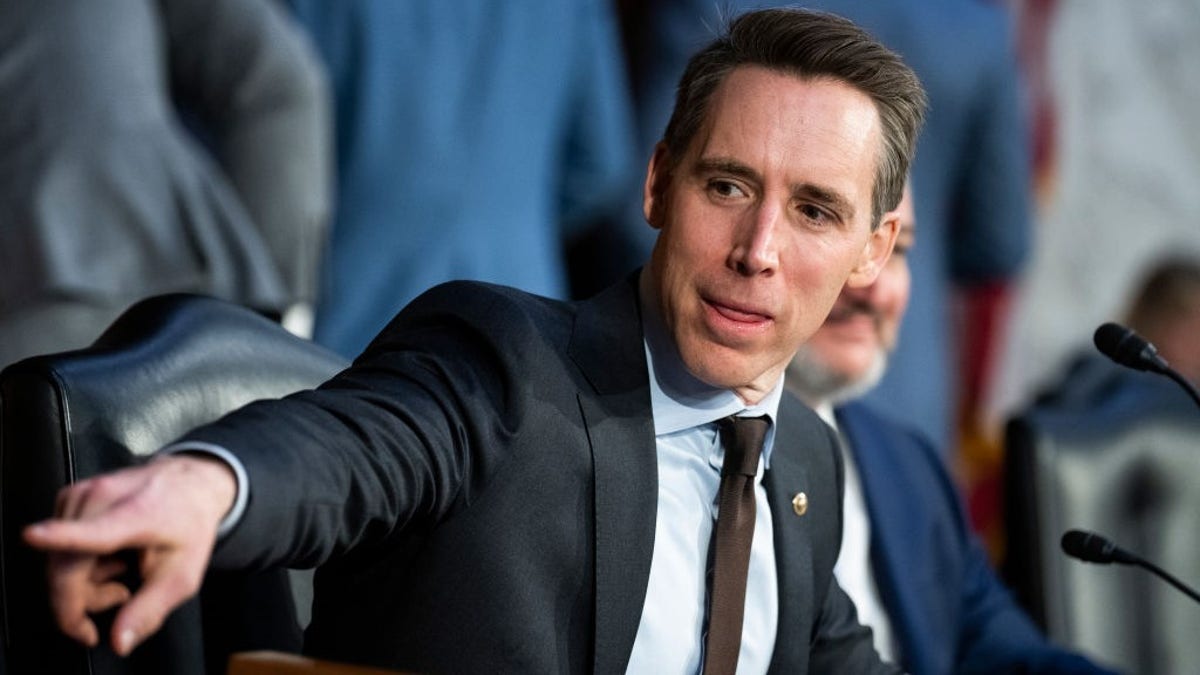A group of conservative lawmakers, spearheaded by Rep. Chip Roy (R-TX), introduced a resolution aiming to reaffirm Congress's constitutional authority to declare war, specifically concerning the invocation of Article 5 of the NATO treaty. This article mandates mutual defense among member nations if one is attacked. The resolution emphasizes that even if Article 5 is triggered, presidential action to engage in armed conflict would still require congressional approval.
Roy stressed the gravity of war declarations, highlighting the Founding Fathers' intent to place this power with the legislative branch, the most accountable to the people. He argued that Congress should reclaim its constitutional prerogative in matters of war and peace.

Joining Roy in this effort are Rep. Warren Davidson (R-OH) and Sen. Rand Paul (R-KY). Davidson echoed Roy's sentiments, stating that the Constitution explicitly grants Congress the sole power to authorize military force, and no treaty, including NATO's Article 5, supersedes this fundamental principle. Paul reinforced this view, emphasizing the immense responsibility of committing troops to war, a decision that rests solely with Congress.
The resolution comes amidst ongoing debate regarding U.S. involvement in the Ukraine conflict. While Ukraine is not a NATO member, some conservatives express concern about the potential for escalating U.S. involvement and another prolonged overseas engagement. This concern underscores the backdrop against which this resolution has been introduced.

Several other House and Senate Republicans have signed on to the resolution, along with support from various conservative organizations. These groups advocate for a more restrained foreign policy and a stronger assertion of congressional authority. This coalition reflects a broader movement within conservative circles to re-evaluate the U.S.'s role in international alliances and commitments.

While a majority of Republicans continue to support NATO, a growing faction expresses reservations. This resolution highlights the ongoing internal debate within the GOP regarding the balance between international alliances and the constitutional prerogatives of Congress. The resolution's future remains uncertain, but it signifies a notable push by some conservatives to redefine the U.S.'s approach to NATO and its role in global conflicts.
Comments(0)
Top Comments